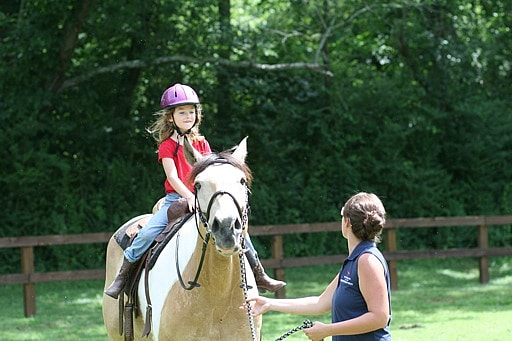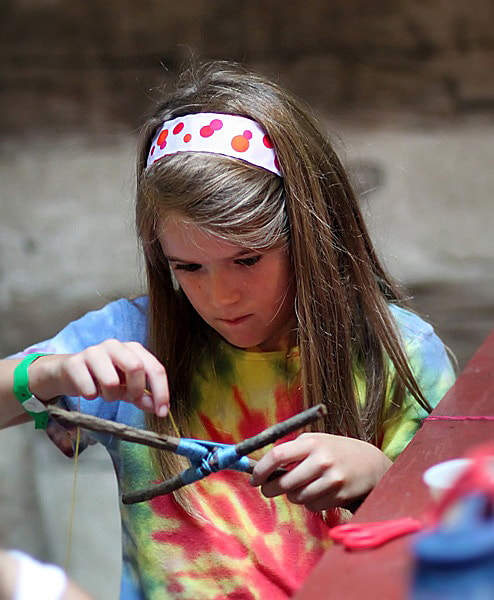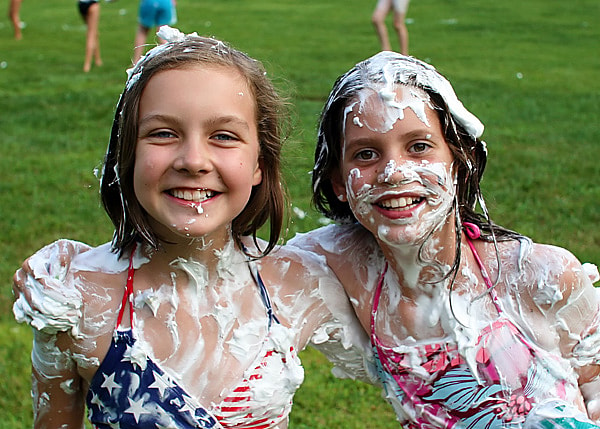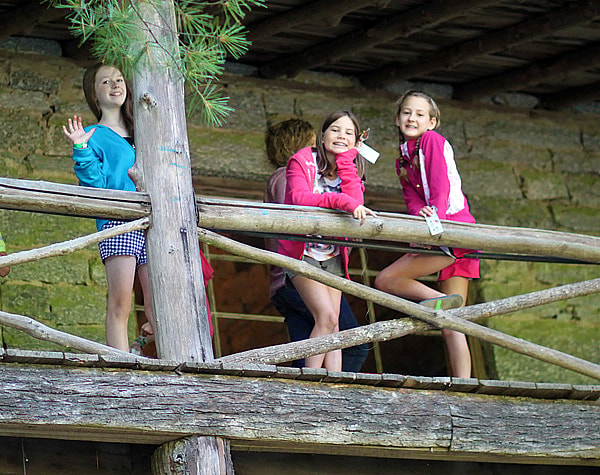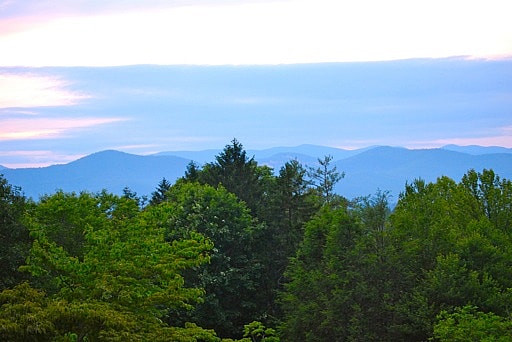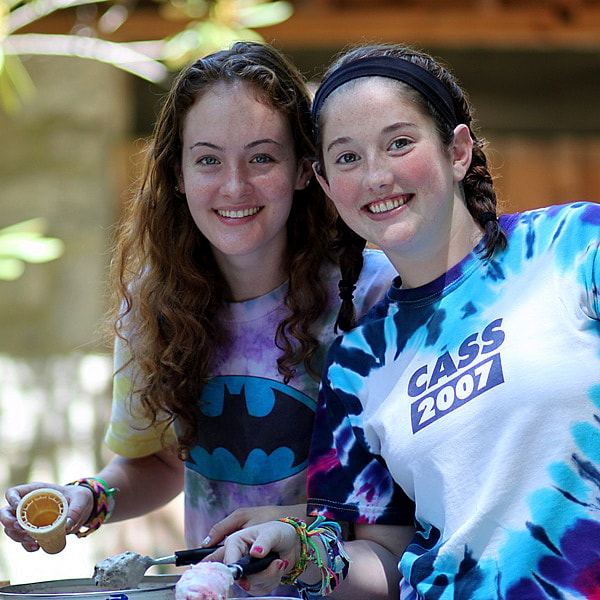Christine Carter, author of Raising Happiness: 10 Simple Steps for More Joyful Kids and Happier Parents, recently spoke at a summer camp conference about cultivating an environment of happiness at camp. Camp plays a key role in teaching girls how to live a happy, fulfilled life. During her presentation, Carter illustrated three main ways camp grants girls the skills to embrace a life of happiness.
How to Raise More Joyful Kids
- Camp celebrates the role that failure plays in success.
If a camper doesn’t quite make it to the top of our climbing tower or has trouble folding like a pretzel in yoga class (who doesn’t?) she learns that it’s ok. In fact, it’s better than ok- it’s great! Because camp operates under the mindset that girls grow and learn from mistakes and risk-taking, these so-called “failures” are praised at camp. They are marked as part of the learning process for our campers. So rather than a fixed mindset such as, “I can’t climb” or “I’m bad a Yoga”, our campers think “I’m so glad I didn’t give up!” while the look down at camp after making it all the way to the top.
- Camp creates a culture of gratitude.
Gratitude is a social emotion, acknowledging something that is outside of oneself. Often times we focus so much on the cloudy skies that we never even notice that the sun is trying to peek out. For example, before camp, it’s easy to think something like, “Wow, my trunk is so heavy! What an annoyance!” Then suddenly, at camp, it’s “I am so glad I have a trunk, this is a great place to store things!” In an instant, a girl sees the value of the things in her life, and, more importantly, the people in her life. Camps helps girls realize, understand, and reflect on all the things they have to be thankful for.
- Camp models kindness.
Camp broadens a girl’s “giving vocabulary.” Not only do girls reflect on what others did for them throughout the day, but they consider what they did for someone else. Girls leave camp with an understanding that kindness does not have to be a grand, over-the-top event every time it occurs. There are lots of little things we can do for one another every hour of every day.
So give three cheers, a thumbs up, and a high five for camp because it’s a great place to be! And the perfect place to help raise more joyful kids.

